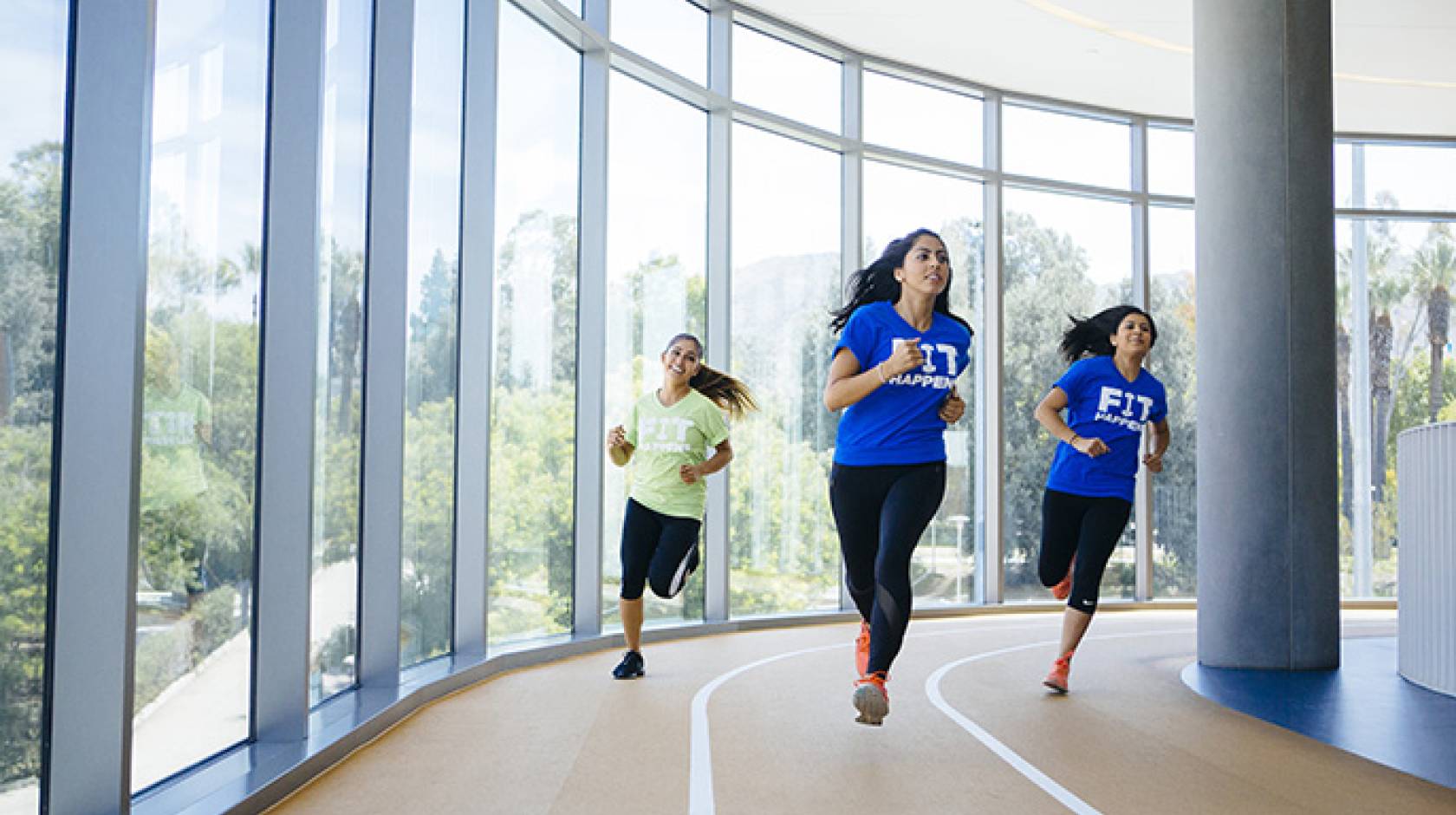UC Davis

Interest in endurance sports such as long-distance running is growing, and finishing a marathon is likely on many New Year’s resolution lists for 2017.

Credit: UC Davis
"It's a great idea,” said Brandee Waite, a physician with the UC Davis Sports Medicine Program. “Running can help improve chronic conditions such as diabetes and high blood pressure, and it can enhance the body’s ability to burn fat. But without proper planning and training, running can lead to injuries.”
Here are Waite’s tips for safely running your first — or next — marathon.
- Check first with your primary care doctor, especially if you have heart disease or another medical condition.
- Carefully ramp up your mileage. Increase your running distances by no more than 10 to 15 percent per week.
- Set incremental goals. Start by training for and then running a 5K, then a 10K, then a half marathon and then a marathon.
- Join a running club to help you establish a training schedule and network of support. Running shoe stores often have information on local options.
- Stretch after you run to help decrease the risk of certain injuries, reduce soreness, and improve flexibility and range of motion.
- If you feel horrible during a run, slow down or stop. Never push yourself to the point of extreme pain or fatigue.
Waite said that the most common running injuries she sees in her clinic are Achilles tendinitis, or inflammation to the tendon between the heel and the calf muscle, and "runner’s knee" or patellofemoral syndrome, which causes pain toward the front of the knee.
"One reason for these conditions is increasing mileage too quickly,” Waite said. “An evaluation of the runner’s technique and body alignment by a sports medicine specialist can help identify the cause and reduce symptoms. A training break and physical therapy may be necessary if either issue becomes problematic.”
Waite noted some people also get exertion-related stomach upset, abdominal pain, nausea or other gastrointestinal symptoms while running. This can be avoided by modifying your pre-run and during-run meals, snacks and supplements, as well as your general diet. A sports nutritionist can help with appropriate dietary plan.
Even with the potential downsides of long-distance running, the benefits should encourage those interested in trying it to take on the challenge.
“Beyond the physical health benefits, running can improve mood, depression or anxiety,” Waite said. “It can even improve relationships, because people who exercise on a regular basis can be happier with themselves. Some have also found that the discipline of running helps them become more disciplined in other parts of their lives.”
About Brandee Waite
Brandee Waite is an associate professor of physical medicine and rehabilitation with UC Davis Health and a physician with the UC Davis Sports Medicine Program. She is currently a team physician for the Sacramento Republic FC professional men’s soccer team and has served as a physician for Olympic track-and-field athletes, professional and collegiate basketball teams, and professional dancers. Her research focuses on understanding the biochemistry of and reducing injuries for ultra-marathoners, or those who run beyond the 26.2 miles of a traditional marathon.

